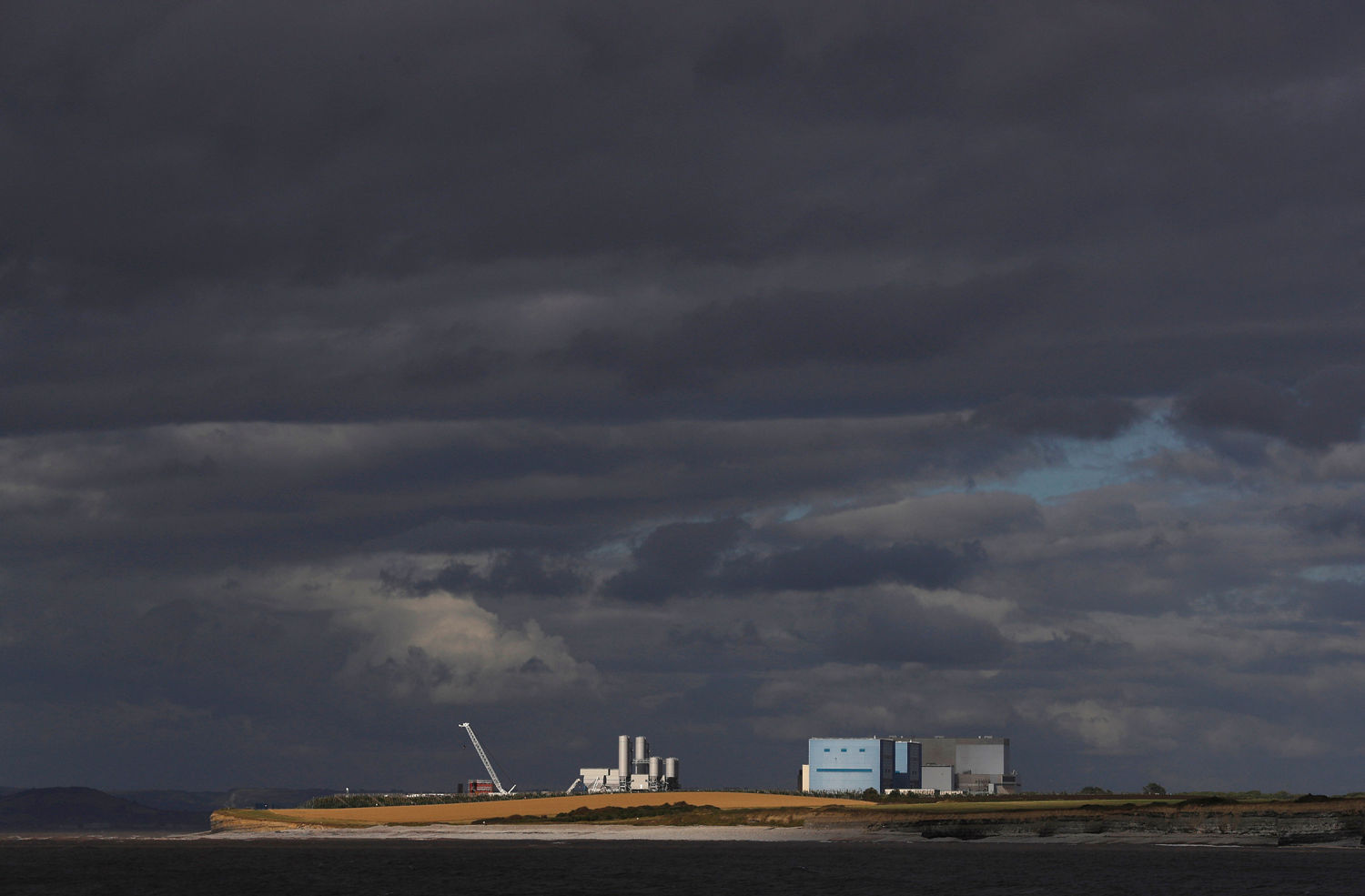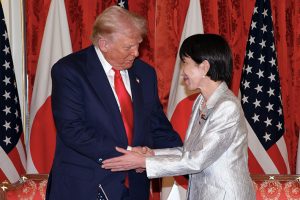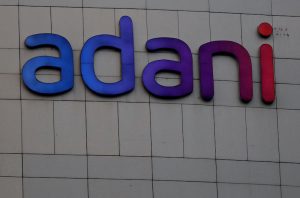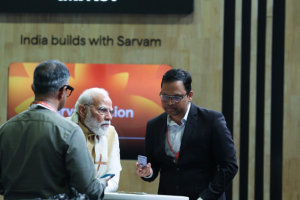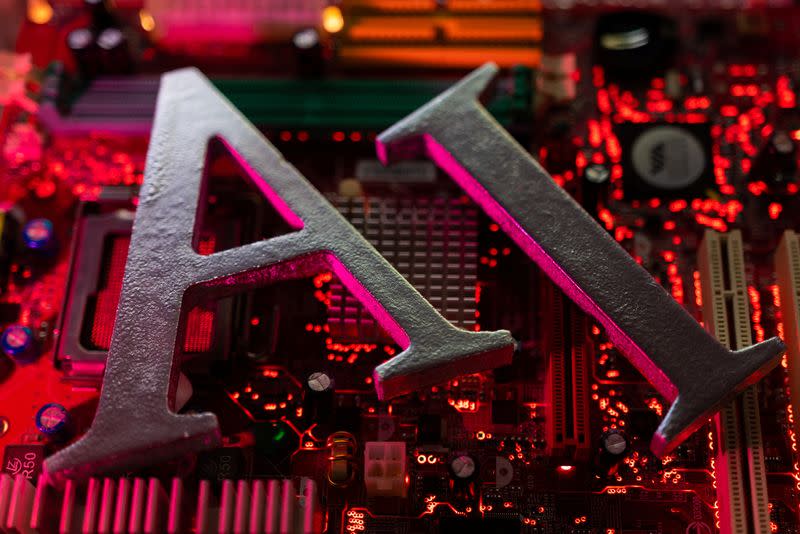(ATF) Negotiations on an investment agreement between the European Union and China have stalled on the home stretch because Beijing is making additional demands for stakes in nuclear energy projects, a German business magazine alleged on Wednesday.
The issue of nuclear power is controversial among EU countries because such investments would put sensitive infrastructure in Chinese hands. Numerous EU states reject nuclear energy completely or, like Germany, have decided to withdraw from the technology.
WirtschaftsWoche reported that negotiations on the EU-China agreement stalled at a late stage because China is making “explosive” demands in the nuclear energy sector. “China wants to invest in European nuclear power plants and use Chinese technology there,” the magazine quoted an EU source as saying.
The EU and China want to conclude the investment agreement, on which they have been negotiating since 2014, by the end of the year. During the negotiations, China had told the Europeans that it considered its own technology to be more advanced, the magazine said.
WirtschaftsWoche said the proposed agreement is likely to attract a lot of criticism in Germany and elsewhere in the EU “because it makes great concessions to China”. The European Parliament is unlikely to pass the agreement as it stands, the source told the magazine.
The magazine said progress in the negotiations over the past week, which have been going on since 2014, came as a surprise. “Two weeks ago, Brussels assumed that there would be no movement in the talks,” WirtschaftsWoche reported.
However, on Thursday, China’s Foreign Ministry said media reports about Chinese demands on nuclear power investment complicating bilateral talks with the European Union were “fake”.
Discussions on the China-EU investment pact were proceeding “smoothly”, Wang Wenbin, a spokesman at the Chinese Foreign Ministry, said at a regular briefing.
Focus for Merkel
For Merkel, who has made the relationship with China the focus of the EU Council Presidency from the start, the agreement would be a visible success. “But Chancellor Angela Merkel has made this a top priority and is now determined to bring in the deal at the end of the German presidency of the European Commission,” the German magazine reported.
China and the EU aim to reach an investment accord by the end of the year that would grant European companies greater access to the Chinese market, according to German and EU officials.
The EU-China Comprehensive Agreement on Investment would put most EU companies on an equal footing in China, potentially a big step in repairing Sino-European ties after the coronavirus outbreak in China and Beijing’s crackdown on dissent in the former British colony of Hong Kong.
However, the deal could complicate transatlantic relations with the incoming administration of US President-elect Joe Biden, Reuters reported.
Jake Sullivan, the designated National Security Adviser in Biden’s team, tweeted earlier this week that Washington would welcome early consultations with its European partners on “our common concerns about China’s economic practices”.
Several EU member states reject nuclear energy or have decided to withdraw from the technology within the next few years.
Germany in 2011 decided to phase out nuclear power. Austria, Denmark, Estonia, Greece, Ireland, Italy, Latvia, Luxembourg, Malta and Portugal have no nuclear plants and remain opposed to nuclear power. Belgium plans to phase out its nuclear plants by 2025.
With reporting by Reuters




